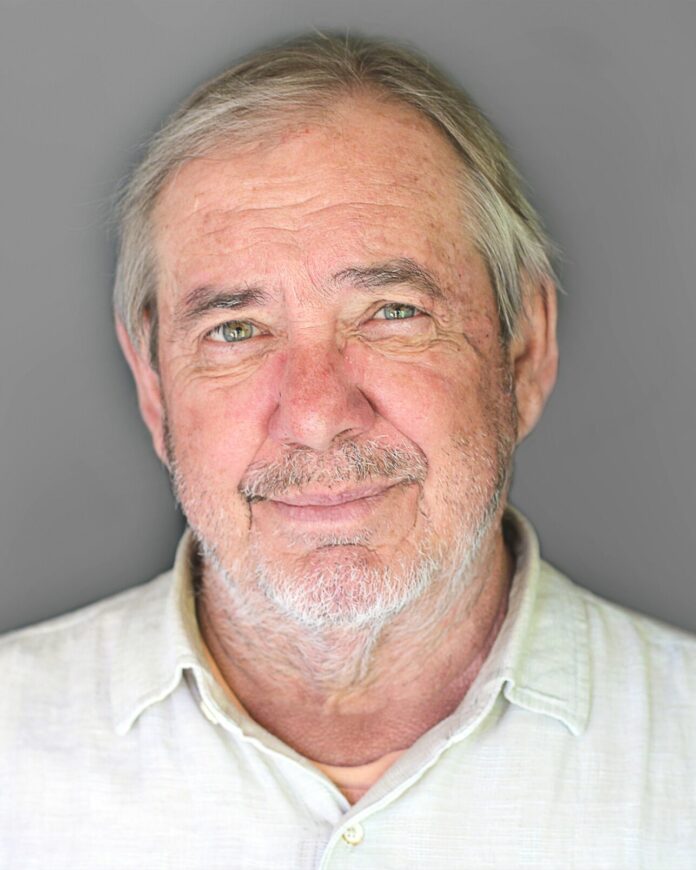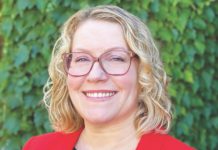We often banter about the word and the concept of what we call “community.” There’s probably no single definition we can use. Does community just happen, or does it require some sort of strategic planning? We combine the word when we talk about community policing, community mental health, community economic vitality, community diversity and even community journalism. When we say community, we don’t always mean communal; sometimes we also include conflict.
Is all of the above what we mean by “community,” or has it become just another buzzword? Is it a word we use to fill in a blank to win a grant or try to add extra weight to a political argument? Or, is it some sort of soul searching? Do we use the word to separate us from “outsiders” like tourists and second-home buyers? Maybe community is just the water we swim in. Like fish, we just assume we’ll stay afloat, keep breathing and maintaining our flow.
No matter all the word play, we think today’s sense of community has changed. When we look around and compare how communities like Cloverdale and Sebastopol — two communities of about the same size and eras — are both different and the same, we can’t help but wonder how this happened. Healdsburg and Windsor are right next to each other in the middle of the Russian River Valley, but they are very different places and probably have some different descriptions of “community.” It’s fascinating to look at the histories and wonder about what futures lie ahead.
As part of the community journalism we practice, we report on the triumphs and troubles of the people and places named above. We record landmarks, trends and conflicts. We write today’s headlines and they become tomorrow’s local history.
This all leads us to a question. Since when have our local communities needed to hire so many consultants to help them maintain or improve themselves? Just in the past year the local governments and school districts have hired outside professionals to solve community problems like homelessness, increased social inclusiveness, mental health service needs, declining school enrollment, district-based elections and fire protection and safety improvements, among others.
Did our local communities always need this out-of-town help? Some of these consultants can be very expensive. It’s true that a detached, more objective view can offer valuable insights where the rest of us might have blindspots. But many of these consultants’ reports end up on a bookshelf after a single, quick reading and a few, “I told you so’s.”
One point to remember is none of us live in just one community. We live in neighborhoods, extended families, ethnic cultures, age groups, religions and careers that also resemble communities. A lot about community is based in history. If we don’t know where we’ve been and how we got here, how do we know where we’re headed? How do we choose what kind of community we want the most?
We think our communities should reduce their reliance on outside consultants and professional studies. We think we need more soul searching and less solutions searching. We think there are many untapped opportunities to bring together all our local nonprofits, community groups, church congregations, elected officials and active citizens to share their great work, inspiring visions, criticisms and curiosities. Make it formal.
Instead of writing grants, requests for proposals (RFPs) and hosting yet more fundraisers, how about forming something like a Community Collaboration Council? This CCC could serve as a new forum for sharing histories, projects, ideas and opinions. These sessions could supplement the testy and gripe-filled public hearings where the latest development or housing project gets blasted or the latest consultant report gets featured in a glitzy PowerPoint display.
Whatever definition we end up with for community, we hope soulfulness is part of it, is all we are saying.








